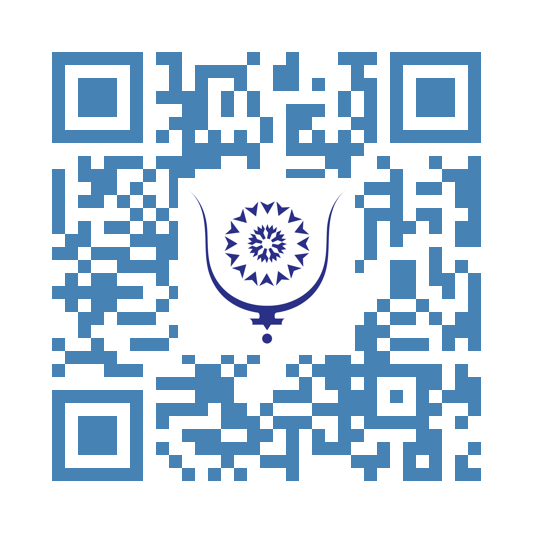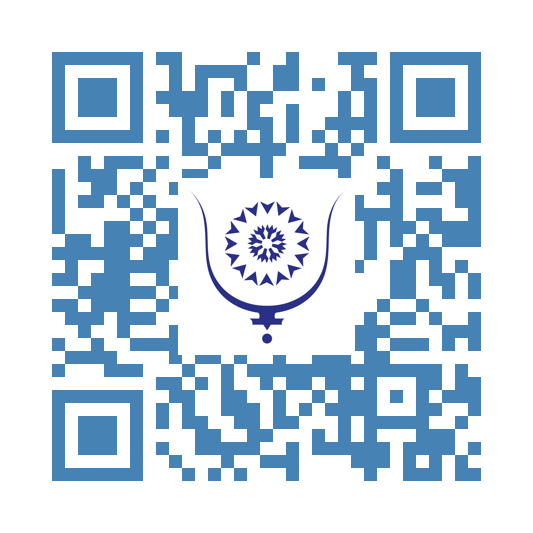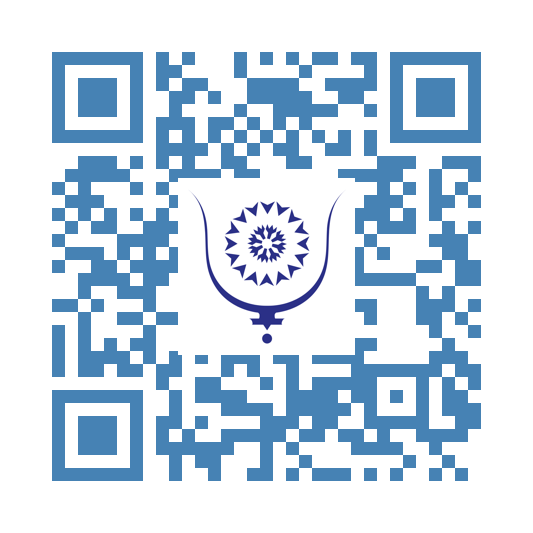Informal Economy in Morocco: Wealth-Creating Liberalism and a Social Pillar
176
The World Bank’s regional report, published in April 2025, presents the informal economy in Morocco as a major obstacle to economic development, highlighting that 83% of businesses operate outside the legal framework. According to this institution, this situation limits growth, productivity, and the formalization of the private sector.
This viewpoint, which likely conflates informal economic activity with economic fraud, while supported by data on sluggish growth and structural challenges, deserves a more nuanced critique. It should shed light on the positive and dynamic aspects of the informal economy—as an expression of wealth-creating liberalism, a social safety valve, a job creator, and a factor of political stability.
The narrative advanced by the World Bank on this matter should be approached with caution.
Recognizing the economic significance of the informal sector would allow for a more intelligent reassessment of growth metrics, making them more realistic and grounded. For example, Morocco’s growth rate would likely be much higher than officially reported.
Contrary to the portrayal of the informal economy as a burden, it plays a crucial role in job creation and income generation, especially for a large segment of the population. Estimates suggest the informal sector accounts for between 60% and 70% of total employment in Morocco and contributes 40% to 60% of GDP, with a strong concentration in micro-services and micro-commerce, which make up 91% of informal jobs. This dynamic reflects a form of spontaneous economic liberalism, where individual actors—often sole artisans or small traders—engage in entrepreneurial activities without waiting for state intervention or regulation.
Thus, the informal economy is a concrete manifestation of economic liberalism in the Adam Smithian sense, where the “invisible hand” organizes exchanges and harmonizes individual and collective interests, thereby contributing to overall wealth. It enables millions of Moroccans to survive, escape unemployment, and participate in economic life, representing a grassroots wealth-creating liberalism rather than a flaw.
The informal economy also functions as an essential social safety valve. In the absence of strong social protections such as unemployment insurance or social welfare—which are only beginning to be implemented—it provides a safety net for vulnerable populations, particularly in rural and poor urban areas. This social function contributes to political stability by preventing frustrations linked to unemployment and poverty from escalating into major social tensions.
Has the Economic, Social and Environmental Council (CESE) not emphasized that the informal sector supplies goods and services tailored to the purchasing power of modest-income classes, thereby avoiding deeper economic exclusion? This social regulation through informality is a factor of cohesion and resilience in the face of economic crises—a fact made evident during the COVID-19 pandemic.
The informal economy also offers a flexibility that the formal sector cannot always guarantee. Formal enterprises sourcing from informal suppliers benefit from lower production costs, greater flexibility in volumes and deadlines, and can thus improve their competitiveness, including in export markets. This interplay between formal and informal sectors creates an economic ecosystem where economic liberalism fully expresses itself through freedom of initiative and the pursuit of efficiency.
The dominant criticism linking informality to low productivity and unfair competition overlooks that the informal sector often reflects a pragmatic, intelligent, and innovative adaptation to heavy institutional and regulatory constraints. This is human ingenuity driven by survival instincts.
Simplifying procedures, reducing tax burdens, and improving the institutional environment can encourage formalization, but it must also be acknowledged that informality is a creative and liberal response to existing obstacles.
Morocco’s informal economy should not be viewed as a developmental hindrance but as a living expression of wealth-creating economic liberalism, a job engine, and an essential social safety valve. It contributes to political stability by offering economic opportunities to marginalized populations and fostering social cohesion. Confronting this economy with restrictive measures—while it creates wealth—instead of adopting flexible policies that adapt to real needs and constraints, risks stifling initiative and fueling social unrest. Rather than seeking to eliminate it, public policies would benefit from recognizing its role and supporting its gradual integration into the formal fiscal economy, while preserving its capacity for innovation and adaptation. In doing so, the informal sector could become a true lever for inclusive and sustainable development in Morocco.
The World Bank and others—whether government officials or representatives of the so-called formal economy—are largely mistaken in condemning this creative economic sector without appreciating its real contributions to the population. The Moroccan government, and likely those of similarly situated countries, should disregard ill-informed or detached opinions. Instead, they should support this economy with accompaniment and tolerance, guided by a vision of progressive inclusion and integration into the formal economic fabric.
Share:
Informal Economy in Morocco: Wealth-Creating Liberalism and a Social Pillar
copy:
https://bluwr.com/p/180397236
The philosophical debate: Can AI ever truly feel?
246
When we ask the question of whether AI can feel, we are confronting the mystery of what makes us human: To be able to feel. But emotions are not just data points, they are much more complex.
If an AI neural networks processes inputs and outputs in a way that mirrors human responses, can we say that it has emotions? After all human emotions are the results of electrochemical processes, why couldn't silicone-based systems achieve something similar?
and what even is a feeling? If we say that emotions are just chemical reactions in our brain, then no, AI cannot have feelings, it doesn't have a brain like ours. But here is the weircd part: how can we be sure that an AI will never experience something like that?
if an advanced AI system developed complex self-models and the capacity to experience its own state changes such as "happiness" or "pain," we might need to rethink about our definition of feeling. Others counter that without a living body, any AI emotion would be an abstract imitation.
Perhaps the most revealing aspect of this debate is what it says about us. Our inability to determine whether AI could ever feel reflects our own limited understanding of consciousness and understanding of our feelings. The fact that we can imagine machine sentience, while doubting it at the same time, highlights how little we truly grasp about the nature of experience itself. Until we solve the riddle of how matter gives rise to mind, the question of AI emotion may remain not just unanswered, but unanswerable in absolute terms.
This uncertainty carries profound implications. If we, someday create an AI that claims to feel, how would we verify it? Would we be able to trait it as a human being and grant it rights, or dismiss its assertions as clever programming? The dilemma mirrors historical debates about animal sentience or even the moral status of other humans reminding us that consciousness, in any form may always be partially inaccessible, known only to the entity experiencing it.
In the end, the AI emotion debate is less about technology than about philosophy's oldest puzzle: What does it mean to feel, to be, to exist as a conscious entity? Until we can answer that, the line between simulation and sentience may remain as elusive as consciousness itself.
Share:
The philosophical debate: Can AI ever truly feel?
copy:
https://bluwr.com/p/179451898
Hermeticism
248
Hermeticism, also known as the Hermetic tradition, is a spiritual and philosophical system rooted in writings attributed to Hermes Trismegistus, a mythical figure who embodies a syncretism of the Egyptian god Thoth and the Greek god Hermes. Emerging during the early centuries of the Common Era—particularly in Hellenistic Egypt—Hermeticism offered a vision of the cosmos where divinity, nature, and the human soul were inextricably connected. Its teachings have profoundly shaped Western esotericism, influencing fields as diverse as alchemy, astrology, Christian mysticism, Renaissance magic, and modern occult revival movements.
At its core, Hermeticism teaches that all things originate from the One, a supreme and ineffable source that manifests through successive emanations. This belief in a single, all-encompassing divine principle aligns Hermeticism with Neoplatonism and other monistic philosophies. The Hermetic universe is a living, intelligent whole—a macrocosm reflected in the human microcosm. This principle is famously summarized in the maxim from the Emerald Tablet: “As above, so below; as below, so above.” It suggests a profound correspondence between all levels of reality, from the divine to the material, and frames the Hermetic path as one of gnosis—spiritual knowledge attained through contemplation, revelation, and the alignment of the self with the divine order.
The Corpus Hermeticum, a collection of Greek philosophical texts compiled between the 1st and 4th centuries CE, forms the foundation of Hermetic thought. These texts, particularly the Poimandres and the Asclepius, present dialogues between Hermes Trismegistus and divine or angelic beings who reveal metaphysical truths. Themes include the origin of the universe, the nature of the soul, the process of spiritual rebirth, and the goal of apotheosis—the return of the soul to the divine source. we can say that unlike the abstract metaphysics of contemporary philosophy, Hermeticism is devotional, combining intellectual insight with religious practice.
Hermeticism also places strong emphasis on human potential. The human being is portrayed as a divine spark encased in flesh, capable of either sinking into the ignorance of material existence or awakening to its true nature as a child of the cosmos. This optimistic anthropology, where the human soul is not inherently sinful but potentially divine, distinguishes Hermeticism from more dualistic or pessimistic systems like Gnosticism. Nevertheless, it shares with Gnosticism a sense of estrangement from the material world and the conviction that salvation lies in inner enlightenment rather than external authority.
Throughout history, Hermetic ideas have surfaced in powerful ways. During the Renaissance, rediscovery of the Corpus Hermeticum—initially believed to predate Moses—led thinkers like Marsilio Ficino and Giordano Bruno to integrate Hermetic philosophy into Christian theology, art, and science. Alchemists such as Paracelsus adopted Hermetic cosmology to frame their experimental practices as spiritual transformations. In modern times, Hermeticism remains central to many esoteric systems, including the Hermetic Order of the Golden Dawn, Thelema, and modern Hermetic Qabalah.
In conclusion, Hermeticism is more than a historical current—it is a timeless worldview grounded in the unity of all existence and the transformative power of divine knowledge. Its enduring appeal lies in its synthesis of philosophy, mysticism, and science, offering seekers a path of inner alchemy that aspires not merely to understand the cosmos, but to become one with it.
Share:
Hermeticism
copy:
https://bluwr.com/p/179396175





